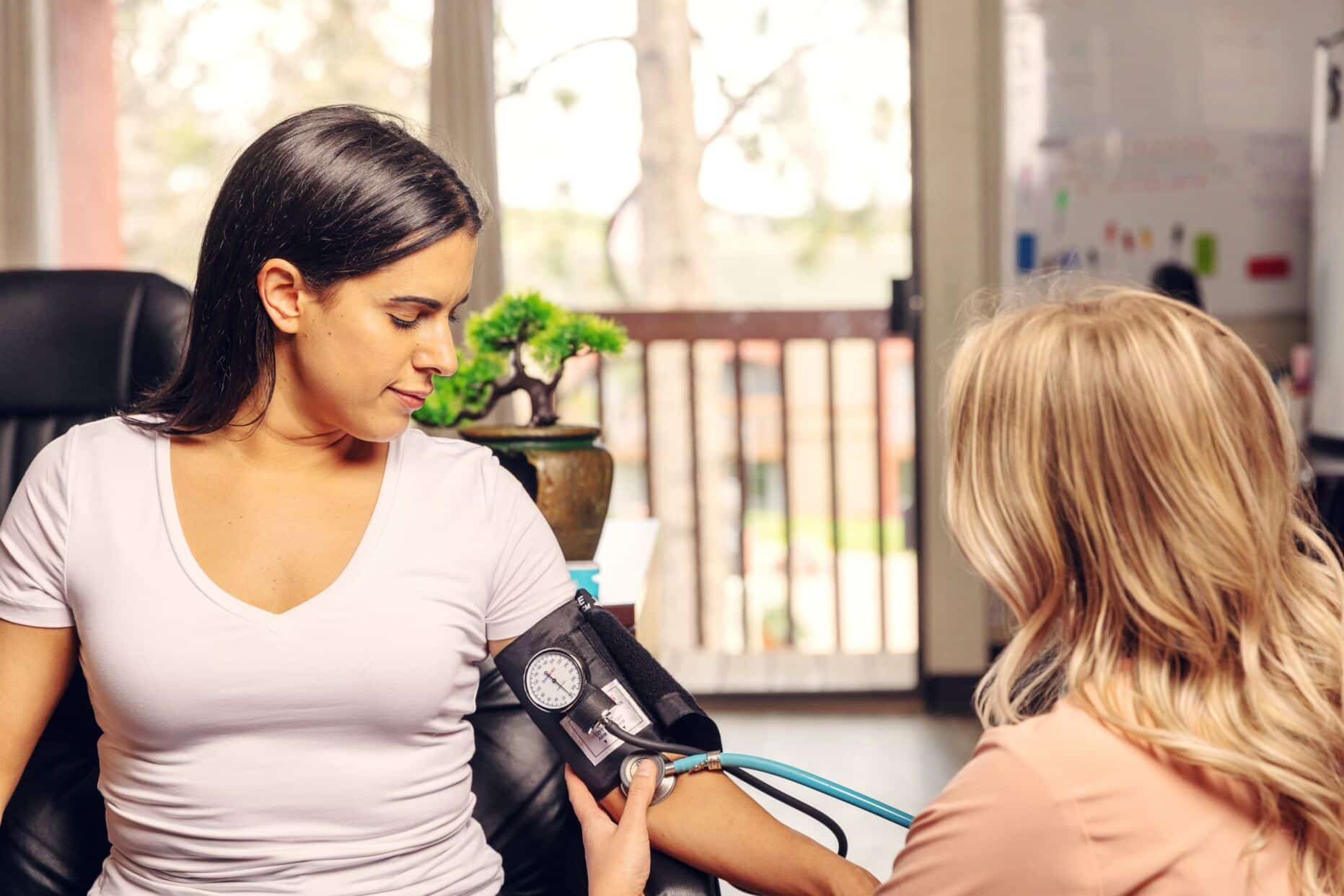While it is true that education can go a long way in preventing substance use disorder disorders, it is also true it’s possible to hide many of the signs that could indicate if someone is abusing a drug or alcohol. However, no matter how hard a person tries to hide their substance use, there are almost always clues.
Why People Abuse Adderall
For people who have never tried it, one of the questions is, why do people even abuse Adderall? It’s a prescription drug, so isn’t there a risk that something bad can happen when you take it if you’re not supposed to or take unauthorized amounts of it? The short answer is: yes, you can experience negative effects when taking Adderall without a prescription.
You can overdose if you take too much of it. But, unless you’re a doctor, nurse, or pharmacist, you might not know how this medication is prescribed. You might have no idea how much Adderall is too much. You may also find that continuously abusing Adderall without a prescription leads you to develop a dependence and eventually an addiction.
This brings us to the question of why people choose to abuse drugs such as Adderall. Well, Adderall is a stimulant. It’s made up of two ingredients – amphetamine and dextroamphetamine.
When used as prescribed, Adderall is a medication that treats attention-deficit/hyperactivity disorder (ADHD). It is also used to help people with narcolepsy stay awake during daytime hours. Occasionally, this drug has off-label purposes, such as to aid in weight loss.
Used properly as a stimulant, Adderall can help to provide a calm focus to those that need it. But people who use it without a prescription believe that it’s a superdrug that can help them get much more done in a timely manner than they might achieve without taking it.
Often called a study drug, Adderall is taken by students and young professionals who feel it can provide the energy they need to complete long days of work or study. Some users report that it makes them feel invincible, like they can accomplish anything.
How Common Is Adderall Abuse?
For others, Adderall is one of the many prescription drugs that people use recreationally. Some people who are prescribed this medication take more than instructed to try to experience a high, a sense of euphoria.
Adderall abuse might be more common than we believe. According to Johns Hopkins, an estimated 60 percent of those who wind up in the emergency room for abusing this substance are between the ages of 18 and 25. Experts suggest that this is the result of people taking prescriptions that are not meant for them.
It’s a popular drug among students. In 2016, six percent of medical students in the United States reported using amphetamines such as Adderall. When it comes to Adderall and college students in the United States in general, 14.6 percent reported using it. That’s a stunning number of people putting themselves at risk for Adderall abuse and addiction. Since a large proportion of the people struggling with Adderall abuse are young adults, many are still likely living with their parents at least part-time. Many of those that are abusing this substance are college students. Often, when loved ones find out that their loved one is struggling with the abuse of this medication, they ask themselves why they didn’t see the symptoms of Adderall abuse. But they shouldn’t blame themselves. If they didn’t know the signs, how can they have known that drug abuse or addiction was happening? Some of the most common Adderall abuse symptoms include:
Spotting the Signs of Adderall Abuse
Are alcohol and drugs ruining your life?
Find help now
Side Effects of Adderall Abuse
There are side effects of abusing Adderall. While some of them are minor, others can have serious consequences for your overall health:
- High blood pressure (hypertension)
- Rapid heart rate
- Aggression, abusive behavior, and angry outbursts
- Restlessness or nervousness
- Depression or anxiety
- Loss of memory
- Permanent brain damage
In addition to these side effects, some who abuse Adderall can potentially experience sexual dysfunction, overdoses, and even organ failure.
What About Adderall Addiction Symptoms?
If Adderall can be abused, a person can become addicted to it. If you’re questioning whether you or your loved one is abusing this medication, then it’s highly possible that they have developed an addiction, and if not, then there is a significant chance that dependence has at least developed.
Some of the signs of Adderall addiction include:
- Spending significant amounts of money to obtain Adderall without a prescription
- Becoming secretive and withdrawn
- Avoiding responsibilities
- Experiencing money problems
- Neglecting personal hygiene
Why It’s Important to Seek Help for Adderall Addiction
If you or a loved one is struggling with Adderall abuse or addiction, there are a plethora of reasons why you should seek treatment to stop using this medication. Whether you choose to stop so you can get your life back or because of potential health issues and side effects, you don’t have to struggle alone.
With so many specialized addiction treatment programs available, there is something for anyone who needs and wants to stop their Adderall abuse or addiction for good.
Sources
Medical disclaimer:
Sunshine Behavioral Health strives to help people who are facing substance abuse, addiction, mental health disorders, or a combination of these conditions. It does this by providing compassionate care and evidence-based content that addresses health, treatment, and recovery.
Licensed medical professionals review material we publish on our site. The material is not a substitute for qualified medical diagnoses, treatment, or advice. It should not be used to replace the suggestions of your personal physician or other health care professionals.







